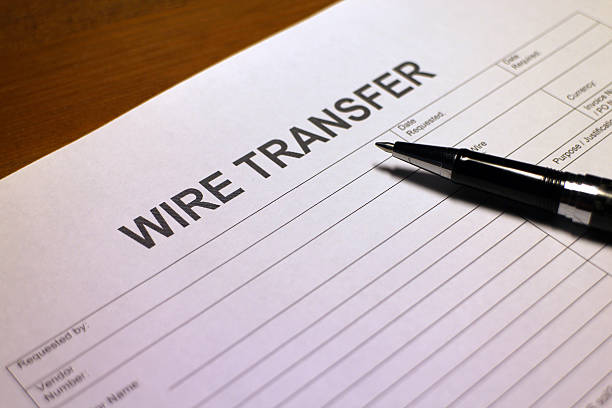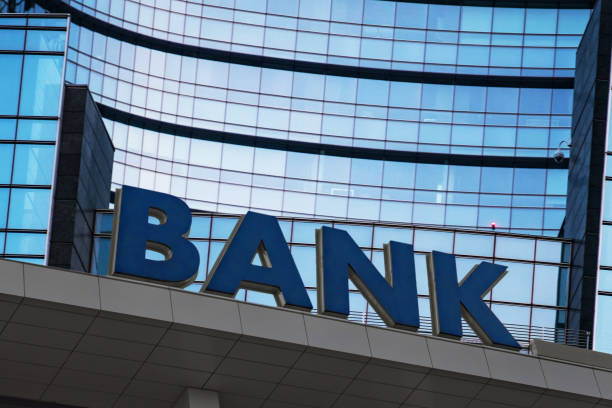One of the most crucial steps in preventing fraudulent bank transfers is safeguarding your personal and financial information. Never share sensitive details like your Social Security number, bank account numbers, or login credentials with anyone, especially over unsolicited phone calls or emails. Legitimate financial institutions will never ask for this information via email or phone.
Use Strong, Unique Passwords
Create strong, unique passwords for your online banking accounts. Avoid easily guessable passwords like '123456' or 'password.' Use a combination of upper and lower case letters, numbers, and special characters. Consider using a reputable password manager to generate and store complex passwords securely.
Enable Two-Factor Authentication (2FA)
Whenever possible, enable two-factor authentication for your online banking accounts. 2FA adds an extra layer of security by requiring you to provide a second form of verification, such as a one-time code sent to your mobile device, in addition to your password.
Verify Recipient Information
Before initiating any bank transfer, double-check the recipient's information, including their account number and name. Scammers may attempt to divert funds by providing false details. Always use official channels to verify such information, especially for large transactions.
Be Wary of Unsolicited Communications
Beware of unsolicited emails, text messages, or phone calls requesting sensitive information or urging immediate action. These could be phishing attempts designed to steal your data. If you receive such requests, contact your bank directly using official contact information, not the information provided in the suspicious message.
Regularly Monitor Your Accounts
Stay vigilant by regularly monitoring your bank and credit card statements. Look for any unauthorized or suspicious transactions and report them immediately to your bank. The faster you act, the more likely you are to prevent further damage.
Secure Your Devices
Ensure that the devices you use for online banking are secure. Keep your operating system, antivirus software, and applications up to date with the latest security patches. Avoid public Wi-Fi networks for sensitive transactions and use a virtual private network (VPN) for added security.
Educate Yourself and Others
Educate yourself and your loved ones about common online scams and the tactics fraudsters use. Awareness is a powerful defense against falling victim to fraudulent bank transfers. Share information about scams and best practices within your community.
Use a Reputable Banking App
If you use a banking app, make sure it's from your bank's official website or app store. Beware of counterfeit apps designed to steal your login credentials.
Stay Informed
Stay informed about the latest cybersecurity threats and fraud prevention techniques. Banks and financial institutions often provide resources and guidance on how to protect yourself from fraud.
Conclusion
Protecting yourself from fraudulent bank transfers requires vigilance, caution, and the application of security best practices. By following these guidelines, you can significantly reduce the risk of falling victim to scams and keep your financial information and assets safe. Remember that your bank is a valuable partner in this effort, so don't hesitate to contact them if you suspect any fraudulent activity. Your proactive approach to security will help you enjoy the benefits of online banking without the worry of fraudulent transfers.
Frequently asked questions (FAQs) for bank transfers




